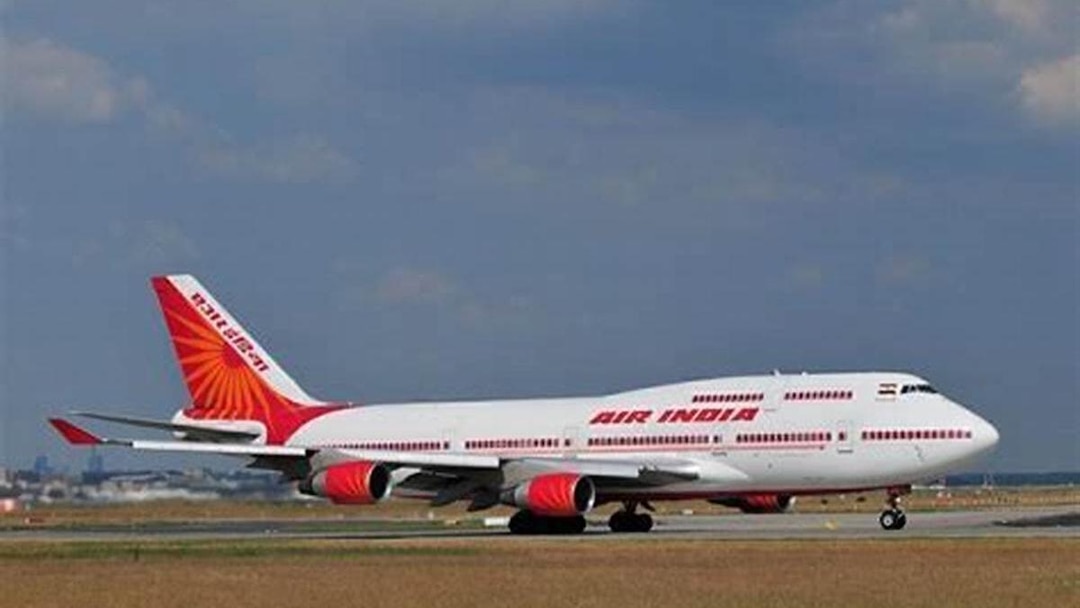In a landmark decision in the case of Air India Ltd. & Anr. v. Tushar Kothari, the Supreme Court of India has refused to interfere with the order of the National Consumer Disputes Redressal Commission (NCDRC) that directed Air India to pay Rs. 2.03 lakh in compensation to a distressed passenger for the loss of his baggage during a domestic flight. The ruling sets a significant precedent for passenger rights and upholds the responsibility of airlines to ensure the safety and security of passengers and their belongings.

Landmark Ruling: Supreme Court Upholds NCDRC Order, Air India to Compensate Passenger Rs. 2.03 Lakh for Lost Baggage
The case pertained to Mr. Tushar Kothari, a passenger, who was left devastated when his baggage went missing during an Air India flight from Nagpur to Goa. Despite the airline’s promises of a hassle-free travel experience, Mr. Kothari’s trip turned into a nightmare as he discovered upon arrival that his luggage had been misplaced.
Feeling helpless and deeply inconvenienced, Mr. Kothari approached Air India immediately, seeking the whereabouts of his belongings and an explanation for the mishap. However, the airline’s response was far from satisfactory, leaving him with no choice but to file a complaint with the NCDRC, India’s apex consumer dispute resolution forum.
After a meticulous examination of the evidence and hearing the parties involved, the NCDRC ruled in favor of Mr. Kothari, holding Air India liable for the loss of his baggage. Moreover, the commission awarded him Rs. 2.03 lakh as compensation, taking into account the value of the lost items, the emotional distress caused, and the airline’s lack of accountability.
Dissatisfied with the NCDRC’s verdict, Air India decided to appeal the decision before the Supreme Court, seeking a reprieve from the substantial compensation imposed on them. The case garnered attention not only from the aviation sector but also from passengers across the country, as it highlighted the importance of stringent measures to safeguard passengers’ interests.
After careful consideration and legal scrutiny, a division bench of Justice Hima Kohli and Justice Rajesh Bindal affirmed NCDRC’s order. The apex court emphasized that airlines must be held accountable for any lapses leading to the loss of passengers’ baggage, as it causes significant distress and inconvenience to travelers.
This landmark ruling is poised to have a far-reaching impact on the aviation industry, with airlines now being under increased scrutiny to enhance their baggage handling systems and ensure a smoother travel experience for their passengers. It reinforces the idea that airlines have an ethical and legal responsibility to protect the belongings of their customers and prioritize customer satisfaction.
Additionally, this decision sets an essential precedent for consumer rights in the aviation sector, empowering passengers to seek redressal for any mistreatment or negligence experienced during air travel. It emphasizes the importance of comprehensive customer service and may pave the way for further reforms in the industry.
While Air India has been directed to pay the compensation to Mr. Tushar Kothari, it remains to be seen how this ruling will prompt the airline to implement measures that prevent similar incidents in the future and prioritize passenger welfare.
The Supreme Court’s verdict serves as a reminder to all airlines to prioritize customer-centric policies and invest in advanced technology to ensure the safe and timely handling of baggage. Ultimately, it is a victory for passenger rights and a significant step towards making air travel a seamless and enjoyable experience for all travelers.












